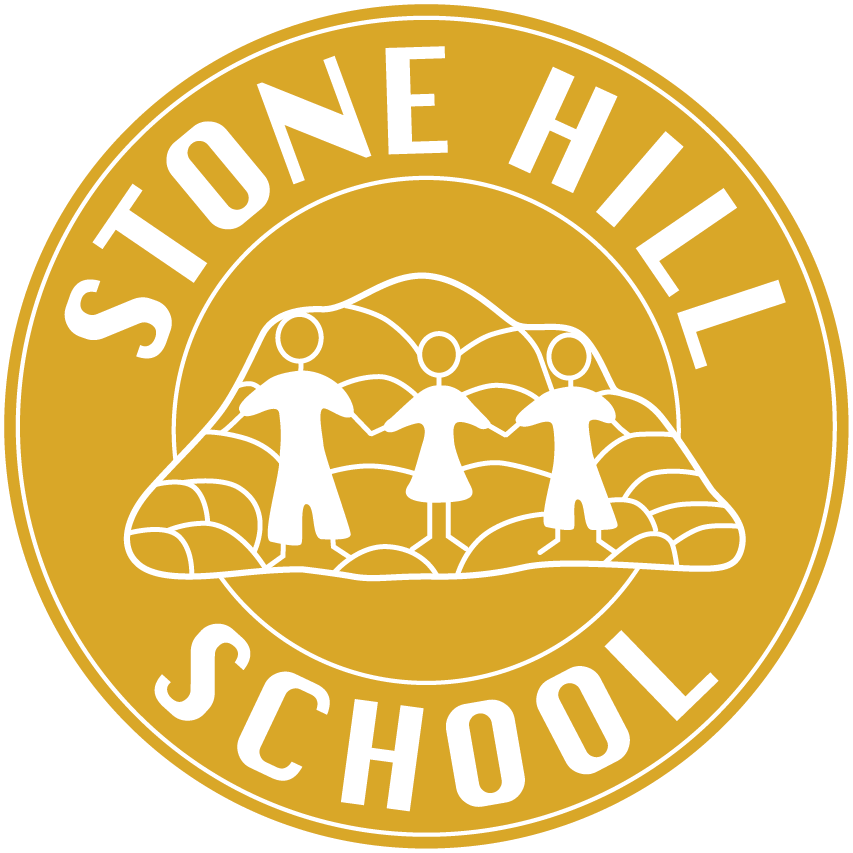Learning behaviours at Stone Hill School
What are Learning Behaviours?
Learning Behaviours are those which support learning and promote engagement through self-regulation. Learning Behaviours emphasise the crucial link between the way in which children learn and their social knowledge and behaviour.
At Stone Hill School the six Learning Behaviours underpin our whole curriculum so that children are learning, transferring and consolidating important skills within all subjects. Our main goal is for our children to develop to their potential; intellectually, physically, spiritually and morally, in order to take a meaningful place in society. We aim to equip our children with skills and attitudes that will prepare them for life and help them to be successful in the wider world.
In Lower School, Learning Behaviours are assessed on a daily basis by staff when children are participating in academic and social activities. In addition to this, progress in Learning Behaviours is also assessed in Lower School through Continuous Provision. Observations of pupil progress within the six learning behaviour areas are recorded and assessed using an online observation tracker.
The skills, knowledge and behaviours learned are progressive and build sequentially across the Learning Behaviours curriculum with opportunities for pupils to show these behaviours in all areas of their learning and development. Due to the unique needs of each of our pupils, each learning behaviour is assessed ‘stand-alone’ so that assessment is a true reflection of progress and reflects a child’s learning across the whole curriculum.
Learning Behaviour Focus Areas
Reflective Learner
A reflective learner is able to;
Evaluate their strengths and limitations as learners.
Review their work and act on outcomes.
Set themselves realistic goals and criteria for success.
Monitor their own performance and progress.
Invite feedback and deal positively with praise, setbacks & criticism.
Make changes to improve their learning.
Communicate their learning in relevant ways to different audiences.
Effective Participator
An effective participator is able to;
Engage actively with issues that affect them and those around them.
Play a full part in the life of the school.
Take responsible action to bring improvement for others as well as themselves.
Discuss issues of concern, seeking resolution.
Present a persuasive case for action.
Propose practical ways forward.
Try to influence others, negotiating and balancing diverse views.
Independent Enquirer
An independent Enquirer is able to;
Gather, process and evaluate information in their investigations.
Plan what to do and how to go about it.
Draw conclusions and evaluate outcomes.
Take informed and well-reasoned decisions, recognising that other have different beliefs and attitudes.
Use range of techniques to collect and organise information.
Team worker
A team worker is able to;
Work confidently with others, adapting to different contexts and taking responsibility for their own role.
Listen and take account of others’ views.
Form collaborative relationships, resolving issues and reaching agreed outcomes.
Adapt behaviours to suit different roles and situations.
Show fairness and consideration towards others.
Resourceful Thinker
A resourceful thinker is able to;
Think creatively by generating and exploring relevant ideas, and making original connections.
Find links and see relationships.
Explore & experiment with resources and materials.
Ask ‘why’, ‘how’ and ‘what if’ questions.
Apply imaginative thinking to solve a problem.
Try different ways to tackle a problem.
Work with others to find imaginative solutions and outcomes that are of value.
Self- Manager
A self- manager is able to;
Organise themselves and work out goals and priorities.
Show personal responsibility, initiative, creativity and enterprise.
Anticipate, take and manage risks.
Commit themselves to learning and self-improvement.
Respond positively to change.
Please click the link below to download our Curriculum Plan


